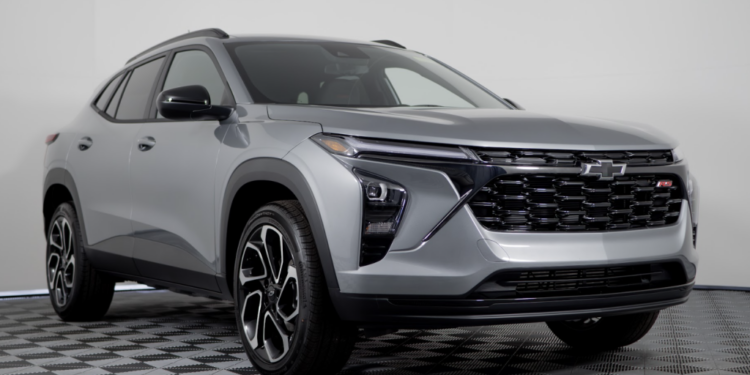The SUV market in Tanzania is experiencing a remarkable surge, fueled by a variety of factors that cater to the needs and preferences of Tanzanian consumers. As urbanization increases and disposable incomes rise, more drivers are gravitating towards SUVs for their blend of comfort, performance, and versatility.
Key Drivers of SUV Popularity
One of the primary reasons behind the increasing demand for SUVs in Tanzania is their practicality. Many Tanzanians appreciate SUVs for their higher ground clearance and robust build, which make them ideal for navigating both urban roads and rural terrains. This capability is particularly crucial in Tanzania, where many regions are characterized by rough and unpaved roads. The growing trend of outdoor activities and family excursions has further cemented the SUV’s status as a preferred choice among consumers.
Economic Growth and Consumer Preferences
The economic landscape in Tanzania has shifted, with a growing middle class that has more purchasing power. This economic upliftment allows families to invest in larger vehicles that offer space and comfort. SUVs provide ample seating capacity, making them an excellent option for families and those who frequently travel together. The perception of SUVs as status symbols also plays a role in their popularity, as many consumers view owning an SUV as a reflection of success.

Fuel Efficiency and Environmental Concerns
While SUVs have traditionally been viewed as less fuel-efficient than smaller vehicles, advancements in technology have led to the introduction of more fuel-efficient SUV models in the market. This change addresses environmental concerns among consumers, making it easier for them to choose an SUV without sacrificing fuel economy. Additionally, hybrid and electric SUVs are gaining traction, offering environmentally friendly alternatives that align with global sustainability trends.
Challenges in the SUV Market
Despite the growth, the SUV market in Tanzania faces several challenges. The initial purchase price of SUVs can be significantly higher than that of sedans or compact cars, which may deter some buyers. Additionally, the availability of financing options and the state of the local economy will continue to influence consumer choices. However, as more financing options become accessible and the economy stabilizes, the SUV market is likely to expand further.
Conclusion
In summary, the SUV market in Tanzania is poised for continued growth, driven by changing consumer preferences, economic development, and technological advancements. As more Tanzanians recognize the benefits of SUVs, this segment will likely dominate the automotive landscape, transforming the way people commute and travel throughout the country.




